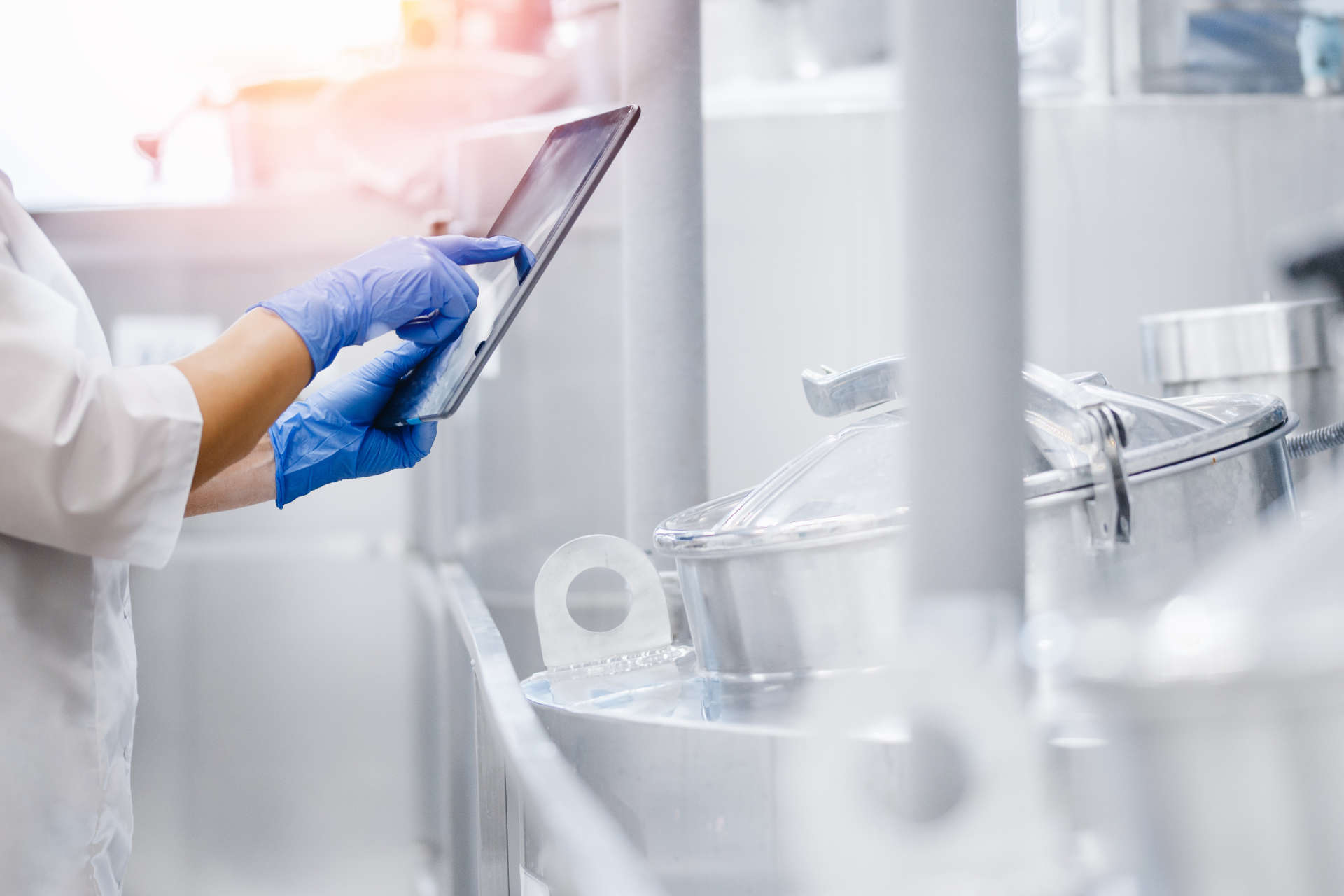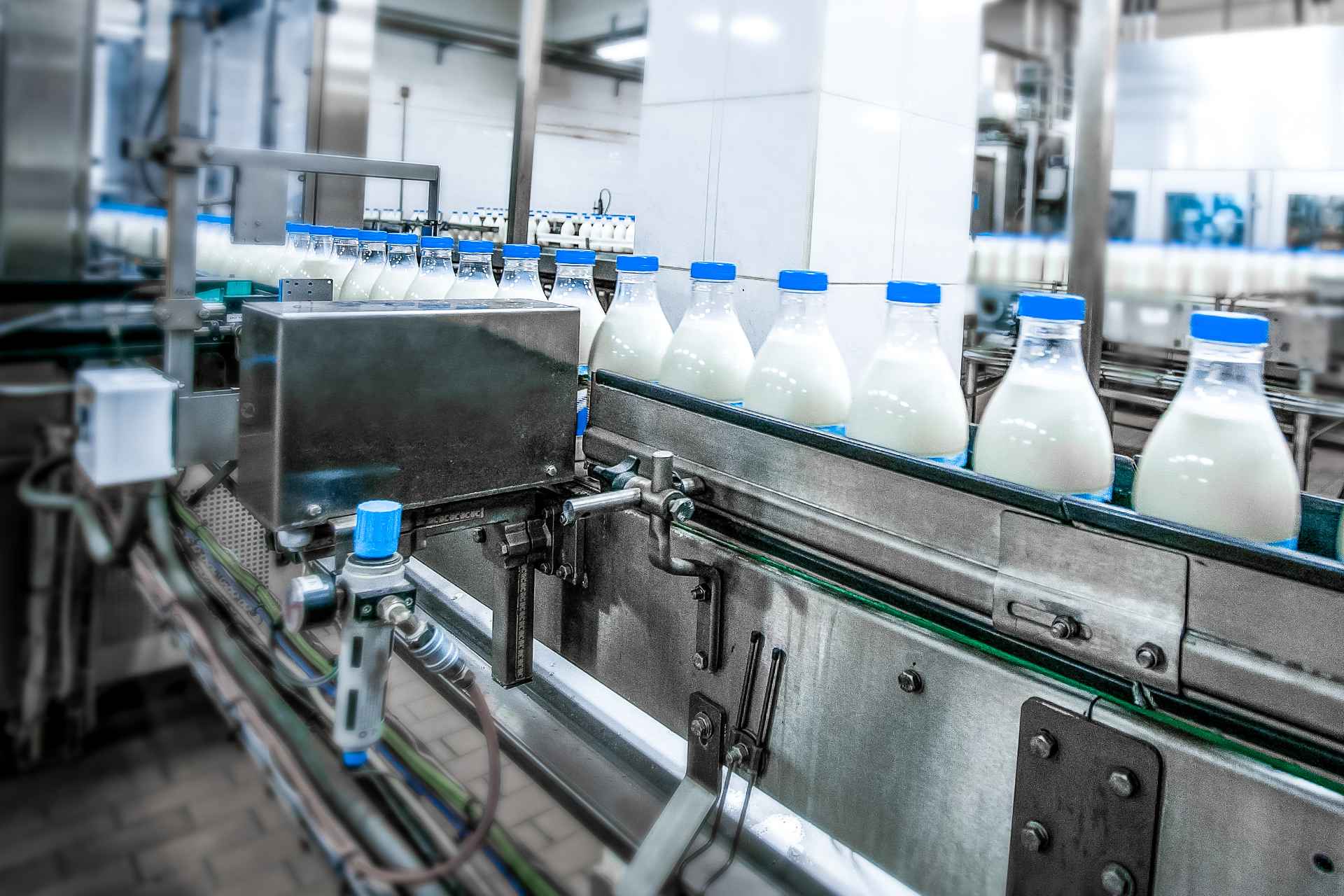Capabilities

Adaptive and Predictive Process Control
This Research Focus Area lays the foundations for predictive and adaptive control and management of milk supply variability and products through establishing best practice in rapid compositional analytical tools and techniques, milk adaption (next generation of milk standardisation), data generation and management, and predictive analytics leading to accurate process models and a better understanding of process variability.

Academic Lead
Prof. Diarmuid Sheehan
Teagasc

Sustainable Milk Processing
The aim of this Research Focus Area is to initialise a system change within the whole process chain for dairy products by closing loops and recovering and re-using resources, such as energy, water and nutrients, reducing chemical loading through minimal processing and clean design. Achieving the aim will involve the integration of economically and environmentally innovative technological models, processes and equipment.

Academic Lead
Prof. Vincent O’Flaherty
University of Galway

Dairy Industry Contaminants of Emerging Concern (DICE) – Emerging Contaminants Forum
Identify the real food safety risks to the dairy industry from emerging contaminants, act early to assess proposed regulatory limits, focus industry member’s business resources on identifying and managing emerging risks, use industry’s pooled knowledge to quickly identify the external experts that need to be engaged with to evaluate the risk, and proactively address customer and regulatory challenges that may be faced.

Academic Lead
Prof. Enda Cummins
UCD
PROCESS OPTIMISATION USING DATA CAPTURE AND ANALYTICS
MILK POWDER PROPERTIES AND CHARACTERISATION
CARBON, NUTRIENT AND ODOUR MANAGEMENT
Supporting the dairy industry to achieve Irelands Carbon Action Plan targets is an essential mission in the DPTC. The development of sustainable systems, processes and technologies to mitigate and reduce carbon and odour from current and new products is an integral theme in the DPTC. Novel technologies are been developed and tested to recover and reuse nutrients produced during processing.
DIGITAL TWIN AND PROCESS MODELLING
Modelling of dairy production processes is seen as a method to significantly improve on dairy producers efficiency, competitive advantage and sustainability targets. The DPTC are at the forefront of dairy process modelling, utilising unique capabilities in machine learning for adaptive process control. Digital twin developed through mechanistic models are utilised to accelerate new product design, and control existing production processes. Using varying modelling methods based on chemo-physical models and numerical simulations from food science, process modelling provides information about the actual dairy products been produced and supports real-time feedback to the process operation.
